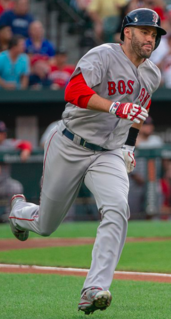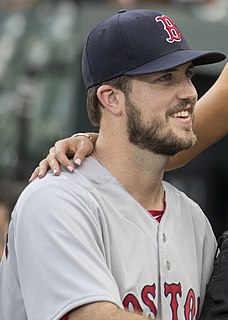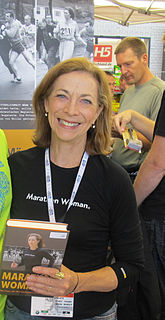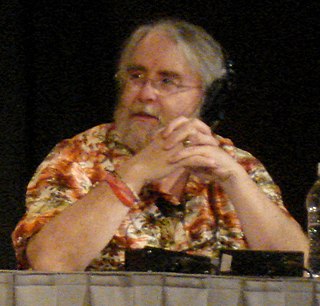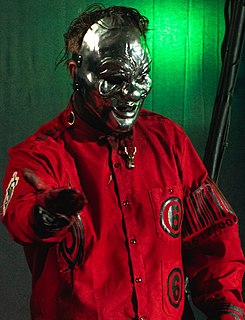A Quote by Jason Reynolds
Boston is pretty infamous for race relations.
Related Quotes
I think various places in this country are ready to explode. I think [race relations] are very tense. I think that [Barack] Obama has divided the country as far as race relations are concerned, and I think that you have certain sections, and you have lots of different locations within this country that potentially are powder kegs.
If you are going to abolish slavery, that opens up all these other questions: what system of labor is going to replace slave labor? What system of race relations is going to replace the race relations of slavery? Who is going to have power in the post-war South? The Emancipation Proclamation doesn't answer that question, but it throws [it] open.
I have compromised down the line. I've disliked it intensely in the old days when you were trying to talk race relations and they would not allow you to talk about the legitimacies of race relations. In the old days, you didn't talk about black, you talked about Eskimo or American Indian, and the American Indian was assumed not to be a problem area.


